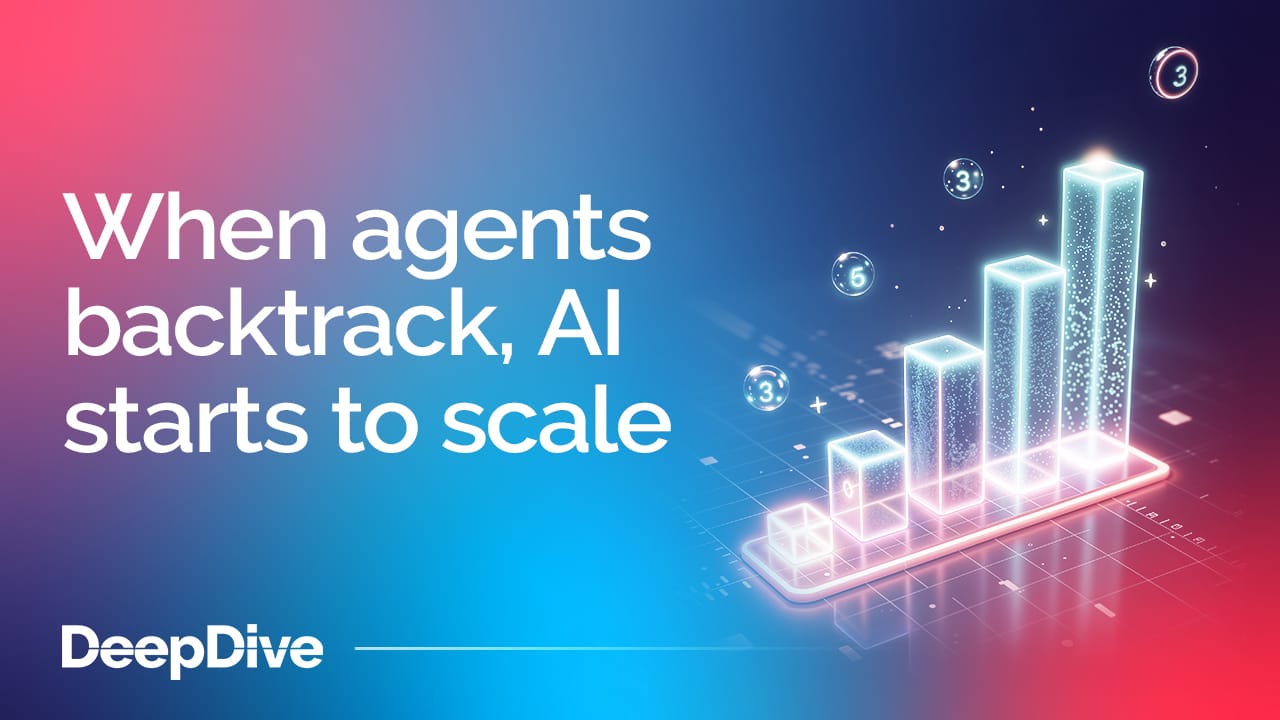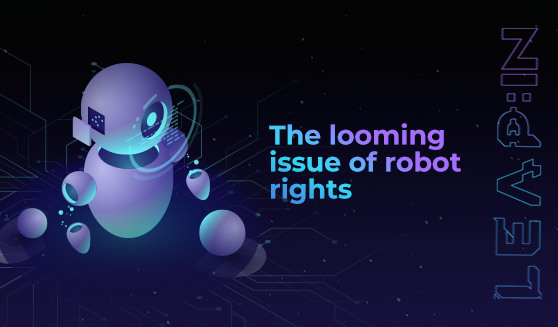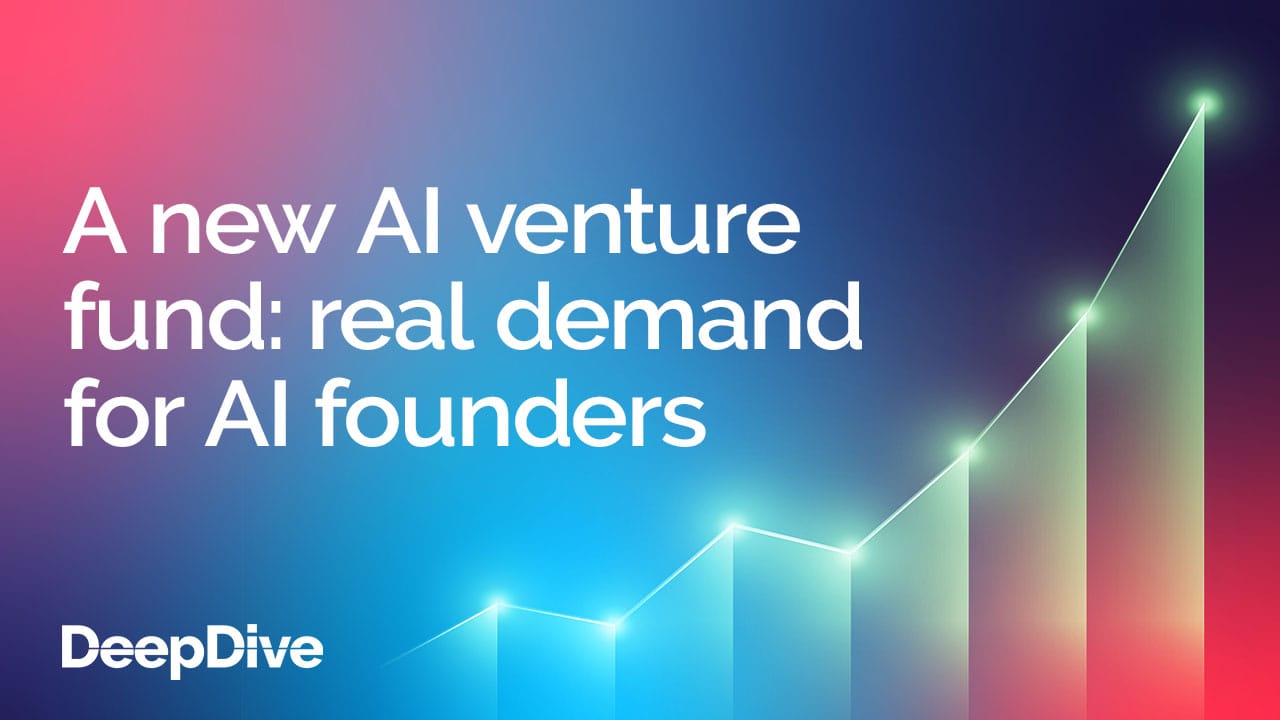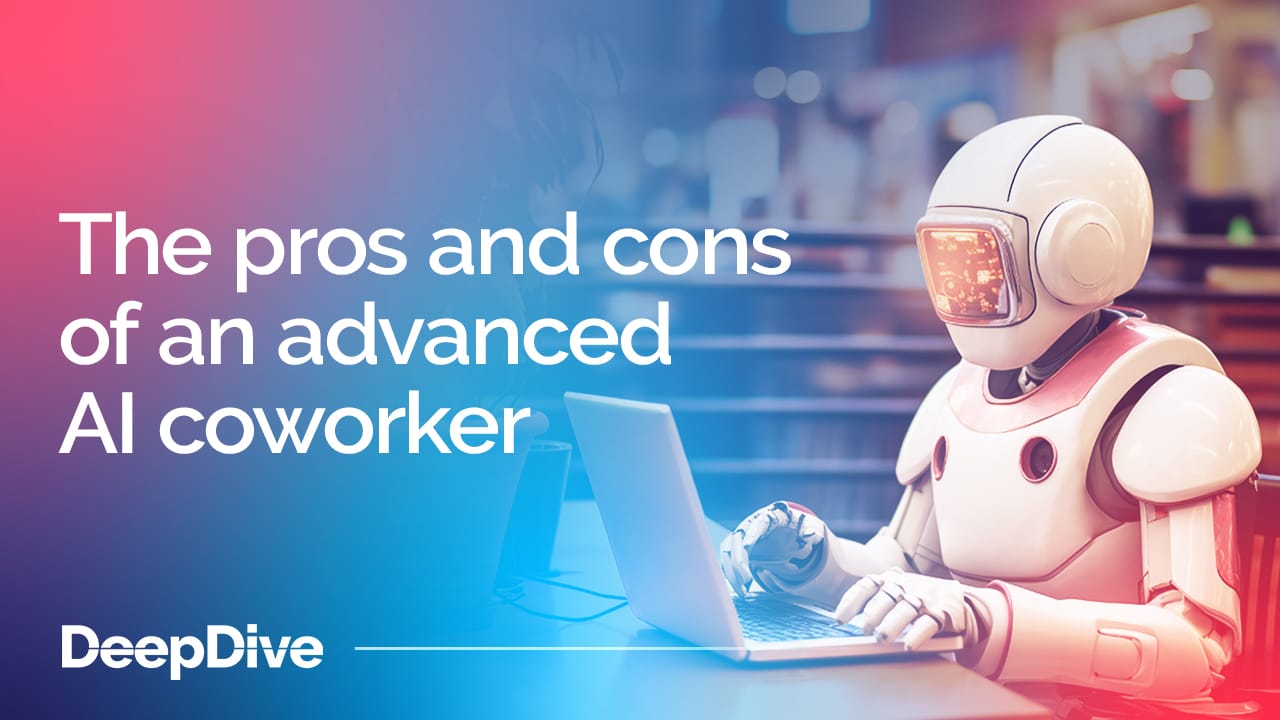

The looming issue of robot rights

Welcome to the 69 new techies who have joined us since last Friday. If you haven’t already, subscribe and join our community in receiving weekly tech insights, updates, and interviews with industry experts straight to your inbox.
This week we’re quoting Elliott Levine (Director Worldwide Education at Qualcomm)
What Levine said:
“Electricity, internet access, and public education should all be considered basic human rights.”
Human rights are changing with 4IR
Last year we published this blog post about connectivity as a new human right.
This week, we’ve been thinking about EdTech – and as Levine pointed out, connectivity alone isn’t enough. In order for everyone to benefit from living in an area with internet connectivity, they’ve also got to have access to reliable electricity, and access to education to ensure they can use that connectivity for their benefit.
But as technology changes, new issues around rights are cropping up. And these issues aren’t all about humans.
Should robots have rights?
It still feels so philosophical: the question of whether robots should be granted legal rights.
And yet, as AI advances rapidly, robot rights are becoming less of a philosophical curiosity and more of an impending reality.
One study in 2019 found that people spontaneously respond to robots as if they have their own intentions and minds – showing that from a cognitive perspective, human beings treat robots as social agents. But robots don’t currently have any protected legal rights, because although we might interact with them as if they do have feelings and emotions and independent thought, we (and our legal systems) know that any emotion we perceive in a robot is exactly that – perceived.
The question of whether robotics will ever have feelings of some kind – even if not in the same way that humans have feelings – is increasingly divisive.
But it’s not just about emotion
Arguments that support robot rights point out that emotion isn’t the only reason to give machines legal rights.
Other potential reasons include (but aren’t limited to):
- Closeness to humans. Increasingly, robots are working alongside human workers – but while humans have legal rights, robots don’t. Autonomous AI-powered machines are different from machines that just run data through an algorithm; and as robots exhibit more and more independent thinking, and exist in close and personal proximity to humans, their human companions might want them to have rights.
- Animals have rights. People who support animal rights do so because they believe that animals have their own inherent worth – a worth that is completely separate from their usefulness to humans. If that’s the case, then as robots become more and more intertwined with our existence and culture-creation, it’s reasonable that we could begin to see robots as having their own inherent worth too.
- Our future morality and culture. If we treat robots badly, that’s on us. Even if they don’t feel it, we will – and how we treat those we think are less powerful than us can affect how we live our lives, how we build our communities, and how we understand morality. So granting rights to robots could be an important step in choosing how we want to shape our society in the future – with ethics and morality in mind.

What do non-techies think?
A 2021 study published in the journal Frontiers in Robotics and AI explored public opinion about whether or not robots should have rights of their own. Researchers surveyed 439 laypeople (no AI experts included) to investigate their attitudes and question their reasoning for thinking robots do (or do not) deserve to be granted rights.
The survey found that people are more willing to grant basic rights (including access to energy and the right to update) to robots than socio-political rights, such as voting rights and the right to own property.
And importantly, the beliefs that people hold about the future capacities of robots influence how willing or unwilling they are to assign robot rights.
Because of this, in order to reach any kind of consensus about granting robot rights, “we will first need to reach an agreement in the public domain about whether robots will ever develop cognitive and affective capacities.”
The advancement of AI also creates questions about human rights
Defining the point at which robots should have rights of their own is an interesting question. But it’s not the only question: as AI advances, there’s an increasing need for agreement about human rights that protect human well-being in an AI-powered society.
In 2022, experts gathered at Oxford University’s Institute for Ethics in AI to discuss exactly this, attempting to build a framework for a new paradigm of human rights. And in 2023, Volker Türk (UN High Commissioner for Human Rights) said that AI must be grounded in human rights:
“We know that AI has the potential to be enormously beneficial to humanity. It could improve strategic foresight and forecasting, democratize access to knowledge, turbocharge scientific progress, and increase capacity for processing vast amounts of information. But in order to harness this potential, we need to ensure that the benefits outweigh the risks, and we need limits.”
Human and robot futures are intertwined
To sum up: there’s a lot to think about. In the future, human life will likely be inextricably intertwined with robot existence – and the rights of one will impact the rights of the other.
The only thing that’s clear is that we need to have these conversations on a global scale – and we need to have them now. Because rights for robots are no longer an unlikely theoretical thought experiment; they’re a real issue of our time.
Read the blog this week: A crucial condition for successful EdTech
Before you stop reading...👀
Get your copy of the two latest articles of LEAP's quarterly digital magazine - LEAP Forward ⬇
Read about a Saudi Arabia-based space tech start-up - SARsat Arabia, who are exploring the limitless possibilities of space technology.
And, if you're into gaming, find out how Saudi Arabia’s Savvy Games Group is making the Kingdom a new hub for the gaming industry.

Have an idea for a topic you'd like us to cover? We're eager to hear it! Drop us a message and share your thoughts.
Catch you next week,
Richard McKeon
Marketing Director
P.S. - Mark your calendars for LEAP 2024 📅 4-7 March 2024. Want to be a part of the action?


A new AI venture fund: real demand for AI founders
Capital paired with real-world AI deployment opportunities

Related
articles


A new AI venture fund: real demand for AI founders
Capital paired with real-world AI deployment opportunities

